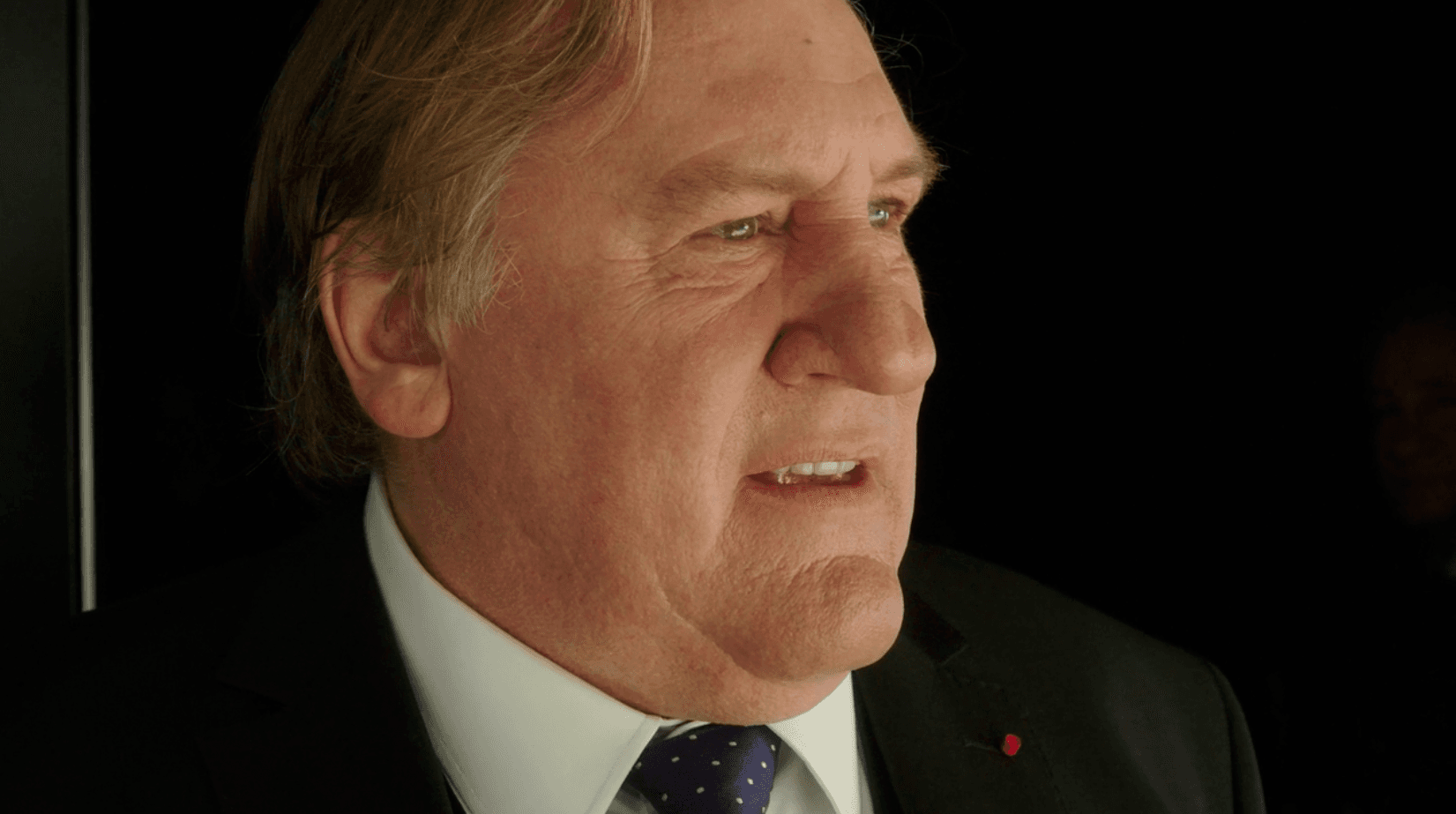Gérard Depardieu stars in Netflix's new series, "Marseille."
“I felt a little attacked personally,” says Michael Buergera, standing outside a restaurant in Marseille.
He’s talking about the new Netflix series that is set in, and takes its name from, the city where he lives on France’s southern coast.
The online video-streaming service’s first European production has met with mixed feelings in the city it portrays.
“It’s true that there are lots of beautiful places [shown],” Buergera says. “On the other hand, what I didn’t like were all the prejudices about Marseille. Marseille is often a cliché of delinquency, of problems with immigration.”
The first five minutes of "Marseille" include a violent smash and grab at a jewelry store as well as the mayor, played by Gérard Depardieu, doing cocaine. In one of the most graphic scenes, gang members set fire to the car of an emergency worker who refused to use it to ferry drugs for them.
oembed://https%3A//www.youtube.com/watch%3Fv%3D8WvqgV7-kSc
“It doesn’t reflect the image we have of living here as locals,” says Diana Salinitro, chiming in on the conversation with Buergera, who thinks Marseille does not deserve its reputation as France’s troubled city.
“We live in a big city,” Salinitro says. “Whether it’s Marseille, Paris, Lyon there’s violence. There’s drug trafficking.”
Catherine Autier, who has been living in Marseille for the past five years, has fewer concerns about the series, which she described as “exciting.” She notes that it can be valuable to draw attention to violence in Marseille.
“You hear about this all the time,” Autier argues. “You wake up in the morning. You turn on the radio and you hear there’s been a gang killing in the tunnel. … It’s a fact of life in Marseille, [though] nobody really pays attention anymore. They’d rather a gang member be killed than a regular person, I guess.”
But she agrees that’s not unique to Marseille.
Ingrid Prezioso, who owns a shop here, says given how hard Marseille has been fighting old stereotypes to improve tourism, she was unhappy to see familiar tropes about the city repeated.
“Honestly, I’d prefer if they gave Marseille a different image,” she says.
Prezioso’s second-hand boutique is in a historic quarter of narrow, colorful streets called Le Panier, on a block with artists’ studios, restaurants and other shops. She says this neighborhood has seen how damage to a destination’s reputation can hurt business, which she says has been slow lately.
“People on the cruises, they’re told on the boats that there are thieves here,” she says. “These clichés from 20 years ago.”
It’s to be expected that there would be some controversy over the series’ portrayal of violence and poverty in the city, but some also object to the depictions of Marseille “high society.”
“It’s what we’d call chic Marseille,” says Sheharazade Guenifa, a Marseille native who works as a chef. Like a lot of people without Netflix subscriptions, she’s only seen the two episodes that have aired on French TV channel, TF1.
“Marseille is very,” she says, searching for the right word, “cultural. The population is very mixed. And I really want that to be represented in the series. For the moment, I haven’t seen that yet. So I’m waiting to see the rest.”
Netflix just renewed "Marseille" for a second season. And among those who plan to continue watching and those who don’t, all shared one complaint: Nobody thinks the actors get the local accent right.
